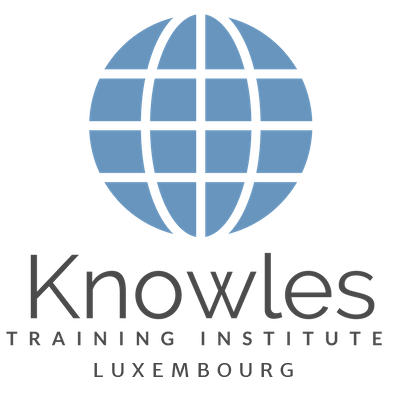Project Management Training Course In Luxembourg
Our corporate training course is also available in Luxembourg City, Esch-sur-Alzette, Differdange, Dudelange, Ettelbruck, Diekirch, Wiltz, Rumelange, Echternach, Grevenmacher, Remich, Vianden, Troisvierges, Schifflange, Bettembourg, Strassen, Bertrange, Sanem, Mersch, Kayl, Clervaux, Mondercange, Redange-sur-Attert, Capellen, Mondorf-les-Bains, Roeser, Steinfort, Ellange, Bridel, Junglinster, Larochette, Esch-sur-Sûre, Beaufort.
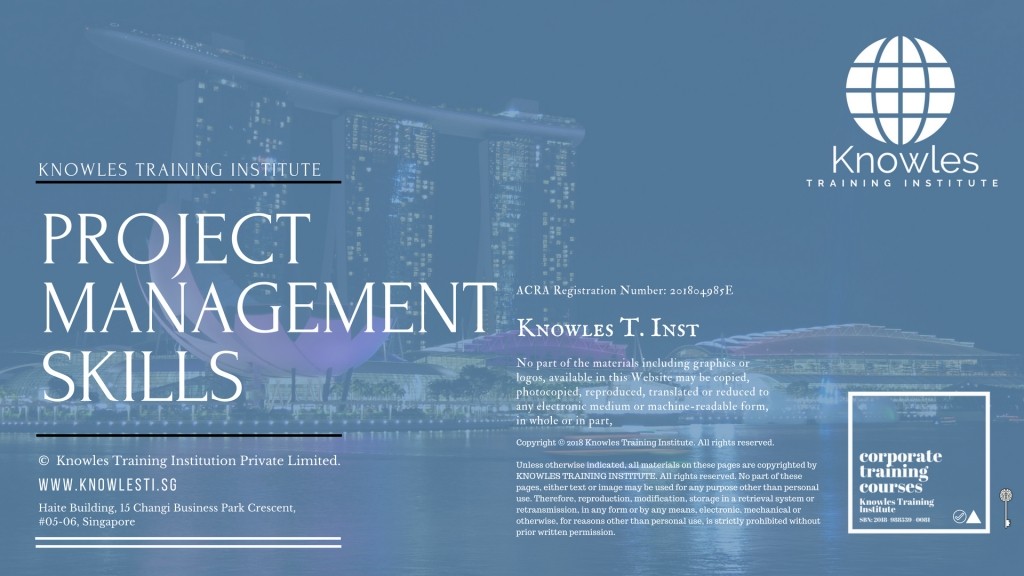
About This Project Management Course in Luxembourg
Project Management Course in Luxembourg
Project management is a multifaceted process. It refers to the skills, knowledge, techniques, and tools applied to the control of a project or projects to achieve the desired outcome for a project within a set of requirements. Included in the process are activities related to strategic planning, resource allocation, process administration, overall monitoring, risk management, documentation and reporting among others.
A project’s success rate improves by approximately 40% when project managers possess and nurture the ideal skill set says the Project Management Institute (PMI). They say that the skill set is made up of both hard and soft skills.
Hard skills are specific and teachable abilities. They can be defined and measured. These types of skills typically require the left brain or logic center. Examples of such skills include typing, writing, math, reading and the ability to use software programs.
Required hard skills in project management include contract management, procurement, risk and issue management, monitoring and evaluation, budgeting, scheduling, and planning among others.
Soft skills are personality-oriented interpersonal abilities. They are less visible and harder to quantify than hard skills. Capabilities of this nature are typically formed in the right brain or emotional center. Examples of such skills include etiquette, getting along with others, listening and engaging in small talk.
Required soft skills in project management include leadership, team building, motivation, communication, influencing, decision-making, political and cultural awareness, negotiation and conflict management among others.
This course helps participants distinguish between hard skills and soft skills as they relate to project management. It explains the benefits of developing both types of skills gives their project management careers. It also gives them tools, tips, and techniques to assess where their current skill set stands and how to improve on it.
Who Should Attend This Project Management course in Luxembourg Workshop
This Project Management course in Luxembourg is ideal for anyone who would like to gain a strong grasp and improve their Project Management Skills.
All Staff Within An Organisation
Managers
Team Leaders
Executives
Assistants
Officers
Secretaries
Group Size For This Project Management Course in Luxembourg
The ideal group size for this Project Management Skills course in Luxembourg is:
Minimum: 5 Participants
Maximum: 15 Participants
Duration For This Project Management Course in Luxembourg
The duration of this Project Management course in Luxembourg workshop is 2 full days. Knowles Training Institute Luxembourg will also be able to contextualised this workshop according to different durations; 3 full days, 1 day, half day, 90 minutes and 60 minutes.
2 Full Days
9 a.m to 5 p.m
Project Management Skills Course in Luxembourg Benefits
Below is the list of course benefits of our Project Management Skills course in Luxembourg
● Develop project management hard and soft skills.
● Stronger leadership ability.
● Advance your project management career.
● Improve your earning potential.
● Boost your confidence.
● Better project management.
Project Management Skills Course in Luxembourg Objectives
Below is the list of course objectives of our Project Management Course in Luxembourg
• Define projects, project management, and project managers
• Identify the five process groups and nine knowledge areas as defined by the PMI
• Describe the triple constraint
• Perform a project needs assessment and write goals, requirements, and deliverables
• Create key project documents.
• Build a project schedule by estimating time, costs, and resources
• Understand and use the work breakdown structure
• Create project planning documents, such as a schedule, risk management plan, and communication plan
• Use planning tools, including the Gantt chart, network diagram, and RACI chart
• Establish and use baselines
• Monitor and maintain the project
• Perform basic management tasks, including leading status meetings and ensuring all documents are complete at the end of the project
Course Content For This Project Management Skills Training Course in Luxembourg
Below is the list of course content of our Project Management Skills training programme course in Luxembourg
Project Management Course Luxembourg – Lesson 1 (Getting Started)
Icebreaker
Housekeeping Items
The Parking Lot
Workshop Objectives
Project Management Course Luxembourg – Lesson 2 (Key Concepts Part I)
What is a Project?
What is Project Management?
What is a Project Manager?
Project Management Course Luxembourg – Lesson 3 (Key Concepts Part II)
About the Project Management Institute (PMI)
About the Project Management Body Of Knowledge (PMBOK)
The Five Process Groups
The Nine Knowledge Areas
The Triple Constraint
Project Management Course Luxembourg – Lesson 4 (Project Initiation Part I)
Identifying Your Stakeholders
Assessing Needs and Wants
Setting a SMART Project Goal
Creating Requirements and Deliverables
Project Management Course Luxembourg – Lesson 5 (Project Initiation Part II)
Creating a Statement of Work
Completing the Project Planning Worksheet
Completing the Project Charter
Project Management Course Luxembourg – Lesson 6 (Project Planning Part I)
Managing Expectations
Creating a Task List
Estimating Time
Estimating Resources
Estimating Costs
Project Management Course Luxembourg – Lesson 7 (Project Planning Part II)
Building the Work Breakdown Structure
Creating the Schedule
Creating a Risk Management Plan
Creating a Communication Plan
Project Management Course Luxembourg – Lesson 8 (Project Planning Tools)
The Gantt Chart
The Network Diagram
Using a RACI Chart
Going the Extra Mile: Microsoft Project
Project Management Course Luxembourg – Lesson 9 (Executing the Project)
Establishing Baselines
Monitoring Project Progress
Triple Constraint Reduction Methods
Project Management Course Luxembourg – Lesson 10 (Maintaining and Controlling the Project)
Making the Most of Status Updates
Managing Change
Monitoring Risks
Project Management Course Luxembourg – Lesson 11 (Closing Out)
Preparing for Closeout
Celebrating Successes
Learning from Project Challenges
Scope Verification
A Final To-Do List
Project Management Course Luxembourg – Lesson 12 (Wrapping Up)
Words from the Wise
Review of Parking Lot
Lessons Learned
Completion of Action Plans and Evaluations
Project Management Skills course in Luxembourg Value Added Materials
Each participant will receive the following materials for the Project Management course in Luxembourg
Project Management Course in Luxembourg Learner’s Guide
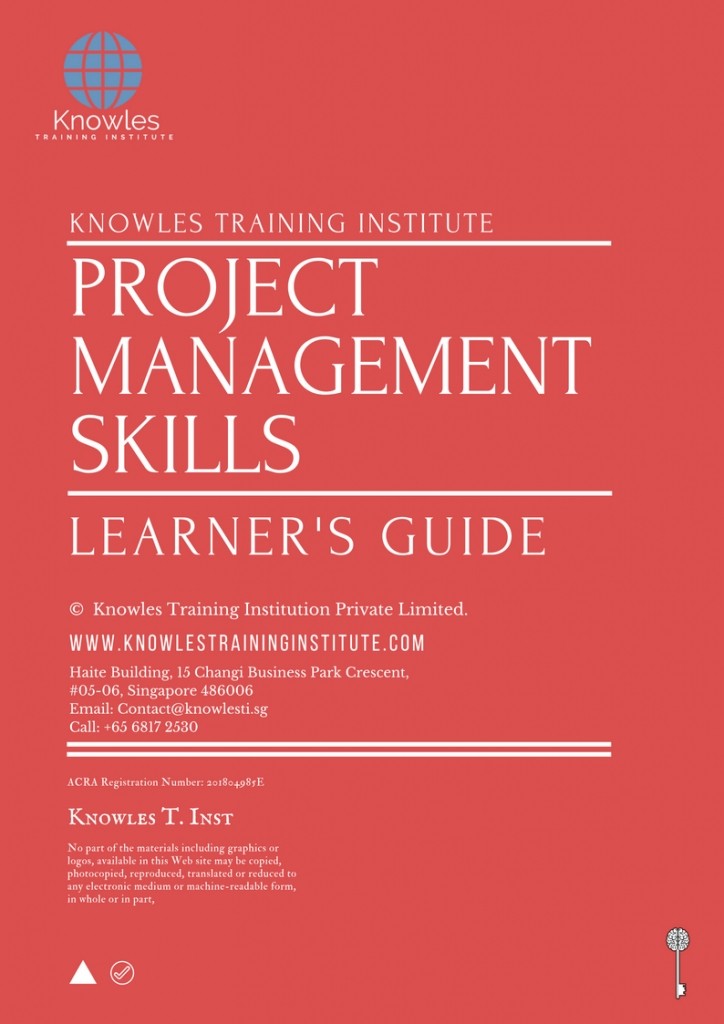
Project Management Course in Luxembourg Handouts
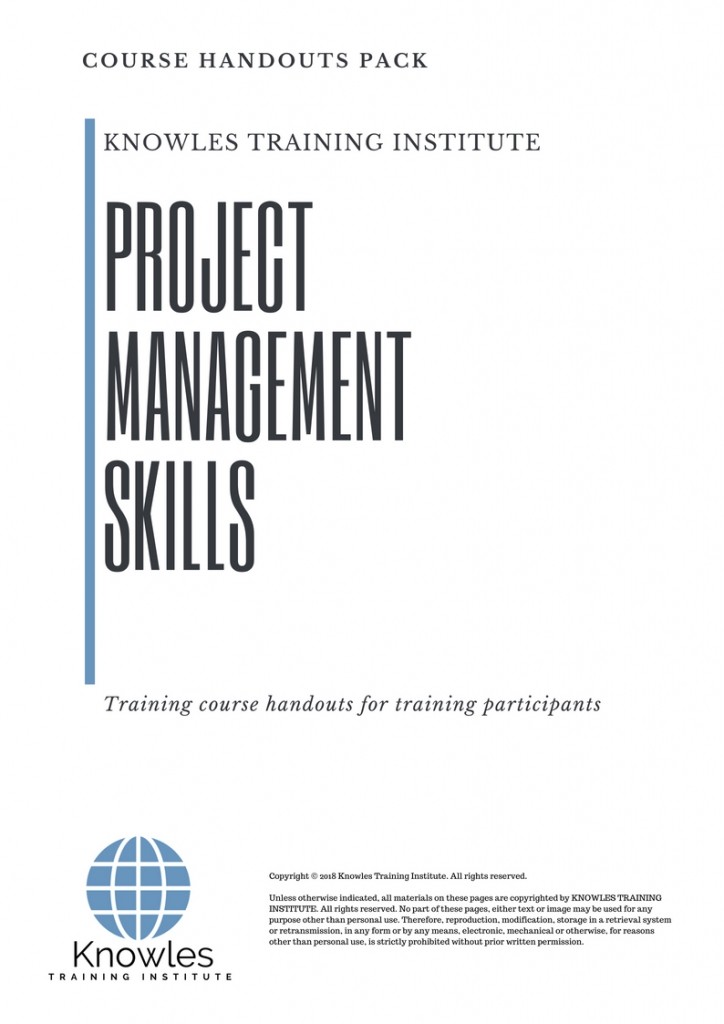
Project Management Course in Luxembourg PPT Slides Used During Course
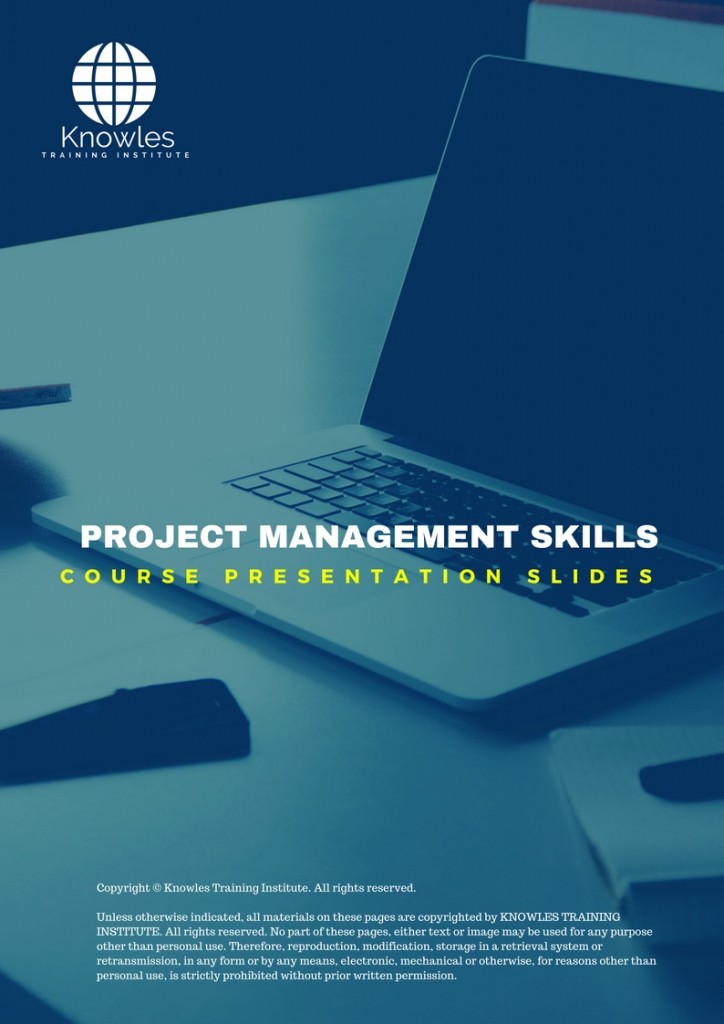
Project Management Course in Luxembourg Certification
Each course participant will receive a certification of training completion

Course Fees For Project Management Skills Training Course In Luxembourg
There are 4 pricing options available for this Project Management Skills training course in Luxembourg. Course participants not in Luxembourg may choose to sign up for our online Project Management Skills training course in Luxembourg.
- USD 1019.96 For a 60-minute Lunch Talk Session.
- USD 434.96 For a Half Day Course Per Participant.
- USD 659.96 For a 1 Day Course Per Participant.
- USD 884.96 For a 2 Day Course Per Participant.
Discounts available for more than 2 participants.
Upcoming Project Management Skills Training Course in Luxembourg Schedule
Contact us for the latest Project Management Skills course in Luxembourg schedules:
Email: contact@knowlesti.lu
Message:
Download Project Management Skills Course in Luxembourg Brochure
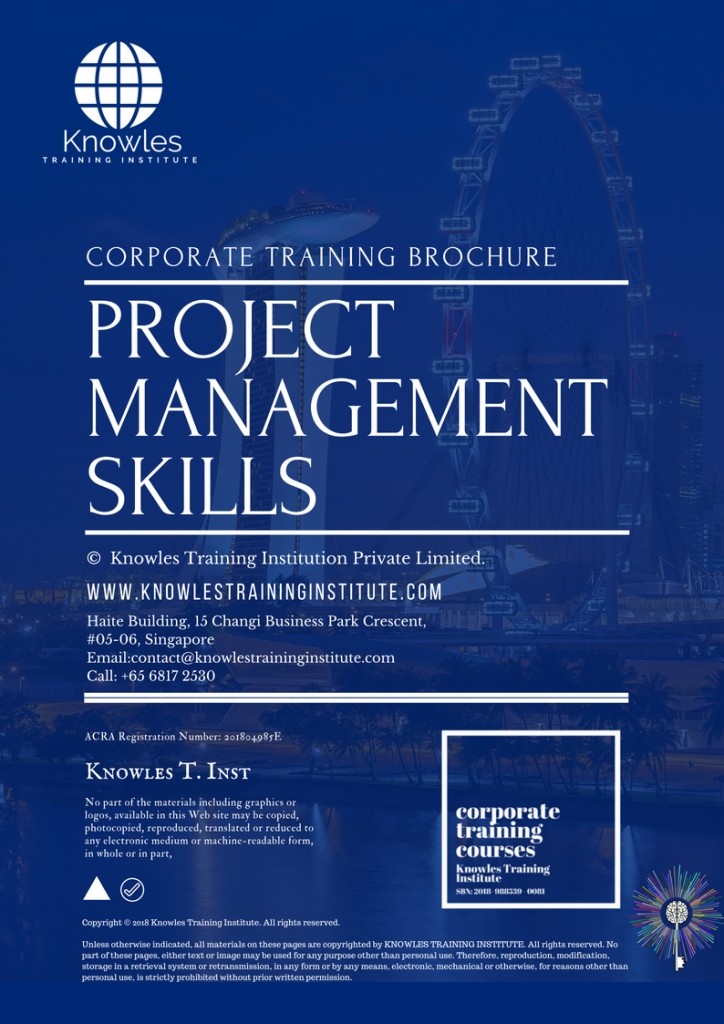
Request for this Project Management Skills course in Luxembourg brochure. Fill up the short information below and we will send it to you right away!
Post Training Support: A vast majority of training does not have any effect beyond 120 days. To work, training has to have a strong pre- and post-training component. Post-training reinforcement helps individuals to recall the understanding and ask questions.
Blended Learning: Learning does not occur in the classroom. Virtually everybody prefers distinct ways of learning. Successful learning should have a multi-channel, multi-modal strategy.
- We Understand The Industry: We’ve got a profound comprehension of the business, business design, challenges, strategy and the that our participants are in and have designed the courseware to cater to their professional needs.
- Course Content: Knowles Training Institute’s material is relevant, of high quality and provide specific learning results. Participants will leave the training course feeling as they have gained a strong understanding and will also be in a position to execute what they have learned sensibly.
Course Development — The workshop modules follow a systematic and logical arrangement. This structure helps to ensure that the course material allows the facilitators to deliver the course in a logical arrangement. Consider the subjects as building bricks into learning, our facilitators slowly build towards a comprehensive picture of this entire topic.
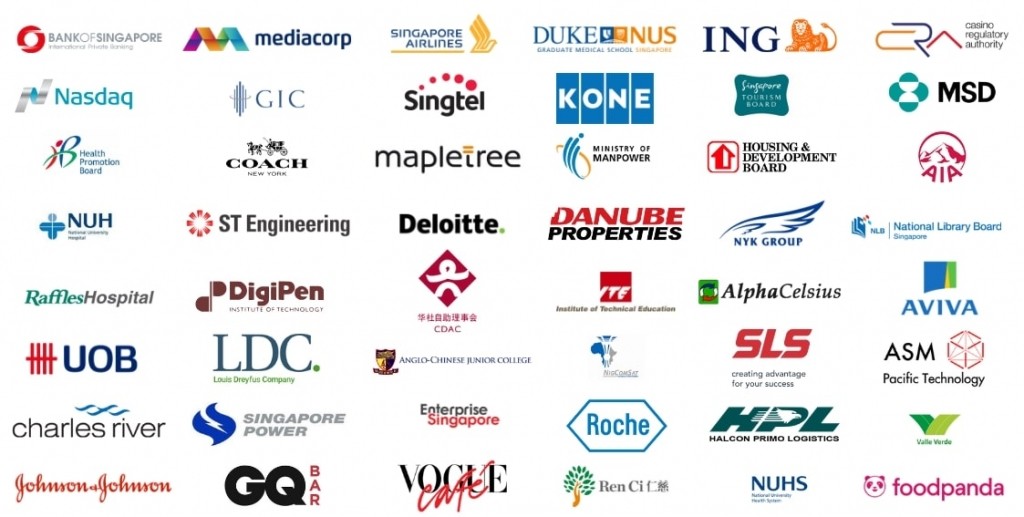

Course Enquiries

Fill up the form and we will get back to you in less than 1 working day.
Alternatively, give us a call to have one of our training consultants contact you. Our corporate training courses can be contextualized to meet your organization’s training needs. Leverage on our large pool of professional trainers and consultants for your organization’s training needs.
Email: contact@knowlesti.lu
We Guarantee 100% Privacy. We Respect Your Privacy. Your Information Will Never Be Shared.
